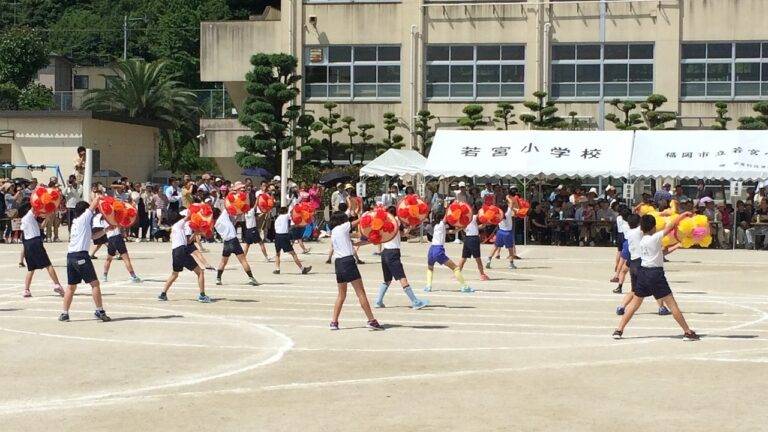Addressing Religious Perspectives on IPL Treatments
goldbet7.com login, radha exchange, 11xplay online: In recent years, Intense Pulsed Light (IPL) treatments have become increasingly popular for various skin conditions, including hyperpigmentation, acne, and fine lines. However, for many individuals with religious beliefs, undergoing such cosmetic procedures can raise questions and concerns about the ethical and moral implications. In this article, we will explore how different religious perspectives address IPL treatments.
Christianity
Within the Christian faith, opinions on cosmetic procedures like IPL treatments can vary. Some Christians may view these treatments as a way to enhance one’s appearance and boost self-confidence, while others may feel that altering one’s natural appearance goes against the belief in God’s creation. Ultimately, it is up to individual Christians to prayerfully consider their motivations and intentions before undergoing IPL treatments.
Islam
In Islam, cosmetic procedures are generally permissible as long as they are done for valid reasons and do not alter one’s natural appearance to a significant extent. For IPL treatments specifically, many Muslims may view them as a way to address skin conditions and improve overall well-being. However, it is important for Muslims to consult with knowledgeable religious scholars to ensure that the procedures align with Islamic guidelines.
Judaism
In Judaism, the concept of “pikuach nefesh” (the preservation of life) is considered a paramount value. As such, cosmetic procedures like IPL treatments that improve one’s physical and mental health are generally accepted within the Jewish faith. However, it is essential for individuals to consider the ethical implications of such treatments and ensure that they are in line with Jewish values and beliefs.
Hinduism
In Hinduism, the body is often viewed as a sacred vessel that should be respected and cared for. IPL treatments that promote skin health and overall well-being may be seen as a way to honor the body and its natural beauty. However, it is essential for Hindus to approach cosmetic procedures with mindfulness and consideration for their spiritual beliefs.
Buddhism
In Buddhism, the concept of non-attachment and acceptance of impermanence is central to the faith. While IPL treatments may be a way to address skin concerns and boost self-esteem, Buddhists are encouraged to approach such procedures with mindfulness and compassion. It is important for individuals to reflect on their motivations for undergoing cosmetic procedures and ensure that they align with Buddhist principles.
FAQs
1. Are IPL treatments considered sinful in any religion?
It ultimately depends on individual beliefs and interpretations within each religion. Some may view IPL treatments as a way to care for oneself, while others may have concerns about altering one’s natural appearance.
2. Is it necessary to seek religious guidance before undergoing IPL treatments?
While not mandatory, consulting with religious leaders or scholars can help individuals navigate the ethical and moral considerations of cosmetic procedures within the context of their faith.
3. How can I ensure that my IPL treatments align with my religious beliefs?
Reflecting on your intentions, motivations, and values before undergoing cosmetic procedures can help ensure that your actions align with your religious beliefs. It may also be helpful to discuss any concerns with religious leaders or scholars.
In conclusion, addressing religious perspectives on IPL treatments requires individuals to consider their beliefs, values, and intentions when considering cosmetic procedures. By approaching such treatments with mindfulness, compassion, and respect for one’s religious traditions, individuals can navigate the ethical and moral implications of IPL treatments in a way that aligns with their spiritual beliefs.







